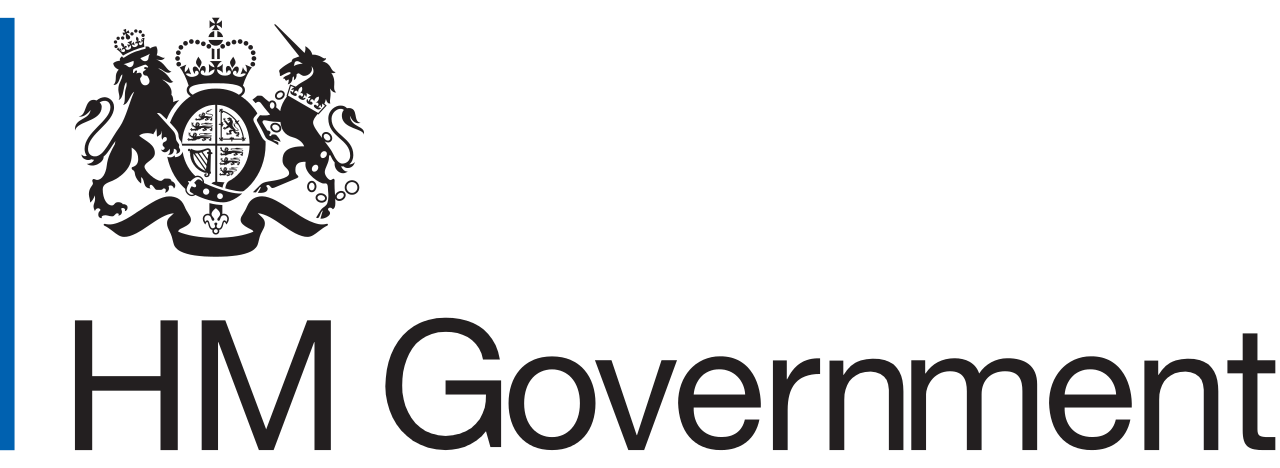The United Kingdom has historically played a leading role in developing parliamentary democracy and in advancing literature and science. At its zenith in the 19th century, the British Empire stretched over one-fourth of the earth's surface. The first half of the 20th century saw the UK's strength seriously depleted in two world wars and the Irish Republic's withdrawal from the union. The second half witnessed the dismantling of the Empire and the UK rebuilding itself into a modern and prosperous European nation. As one of five permanent members of the UN Security Council and a founding member of NATO and the Commonwealth, the UK pursues a global approach to foreign policy. The Scottish Parliament, the National Assembly for Wales, and the Northern Ireland Assembly were established in 1999. The latter was suspended until May 2007 due to wrangling over the peace process, but devolution was fully completed in March 2010.
The UK was an active member of the EU from 1973 to 2016, although it chose to remain outside the Economic and Monetary Union. However, frustrated by a remote bureaucracy in Brussels and massive migration into the country, UK citizens on 23 June 2016 narrowly voted to leave the EU. The so-called “Brexit” will take years to carry out but could be the signal for referenda in other EU countries where skepticism of EU membership benefits is strong.
Members:
Resources
Displaying 301 - 305 of 782Land Registration (Conduct of business) Regulations (S.I. No. 713 of 1997).
These Regulations replace The Land Registration (Solicitor to H.M. Land Registry) Regulations 1990. They make amendments to the acts of registrar which may be done by a legally qualified registrar, called the Solicitor to H.M. Land Registry, or in case of vacancy or absence of the Solicitor, by another legally qualified registrar called Acting Solicitor. They further provide for acts which may be done under the Land Registration Rules by any other any other legally qualified registrar. (6 regulations completed by Schedule specifying acts which may be done by a Solicitor to H.M.
Designation of Nitrate Vulnerable Zones (Scotland) Regulations 2002 (S.S.I. No. 276 of 2002).
These Regulations further implement in Scotland the requirements of Council Directive 91/676/EEC concerning the protection of waters against pollution caused by nitrates from agricultural sources. The objective of the Directive is to ensure that measures are taken to reduce and prevent nitrate pollution from agricultural sources. It provides a framework for action to reduce nitrate levels in the catchments of rivers and groundwater sources affected by such pollution, and to reduce eutrophication of freshwater bodies, estuaries, and coastal waters.
Nature Conservation (Scotland) Act 2004 (2004 asp 6).
The Act sets out a series of measures which are designed to conserve biodiversity and to protect and enhance the biological and geological natural heritage of Scotland. In doing so, the Act provides the principal legislative components of a new, integrated, system for nature conservation within Scotland. The Act also locates the conservation of biodiversity and of Scotland's natural environment within a wider British, European and global context.
Nitrate Vulnerable Zones (Additional Designations) (England) (No. 2) Regulations 2002 (S.I. No. 2614 of 2002).
These Regulations designate additional nitrate vulnerable zones and make other provision for the purpose of implementing in England Council Directive 91/676/EEC concerning the protection of waters against pollution caused by nitrates from agricultural sources. Regulation 3 designates the additional nitrate vulnerable zones. Regulation 4 provides a procedure for reviewing designations. Regulation 5 provides for appeals to be made from proposed decisions on a review. Regulation 6 makes provision for withdrawing an appeal. Regulation 7 deals with the costs of the parties to an appeal.
Town and Country Planning (General Permitted Development) (Avian Influenza) (Scotland) Amendment Order 2008 (S.S.I. 74 of 2008).
This Order amends the Town and Country Planning (General Permitted Development) (Scotland) Order 1992 in Part 25A of Schedule 1, which grants planning permission in respect of certain development which is necessary for the purposes of housing poultry and other captive birds to protect them from avian influenza. Where Part 25A applies, no specific application for planning permission is needed. The amendment concerns the requirement of notification to the planning authority and removal of the development once the need for it has ended.


